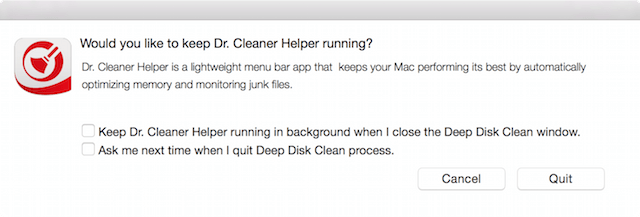
Sure, these tactics might work in some places and some of the time. Or they are hoping that the companies’ economics stink less as they deliver more types of goods and bigger orders. Most of these companies are now trying to buy out competitors, raise prices, or squeeze couriers or restaurants for better terms. The food-delivery companies in the United States are mostly unprofitable, too.Īs my colleague Kevin Roose wrote in June, young app-based companies built for consumer convenience no longer have the luxury to spend cash in stupid ways. That is not what healthy businesses tend to do, and this was an improvement for Uber.

Uber has been in business since 2009 and so far this year it spent so much to stay afloat that it effectively set on fire 14 cents of its cash for each dollar of revenue. The answer in many cases was that it did not make sense. These app delivery services are at best an economic mirage and at worst expanding misery by making it too easy to ignore their true cost - financial, human and community - in the name of convenience.įor years, my question about companies like Uber was … how? How did it make sense to take a 20-minute trip across San Francisco for the price of a sandwich? How was it possible for an app to connect me with a courier and a local restaurant and get a burger delivered for what seemed like peanuts? Deliveries of anything under the sun might also put the power of Amazon into the hands of local businesses and preserve what we like about Main Street with handy, 21st-century twists.īut any shred of optimism I had is fading. They are the logical next step in our consumer culture, and they create new types of jobs. I’ve tried to be open minded about these app companies. They aim to bring us groceries, cooked meals, a home cleaner, cases of beer or a trip across town - all better, faster and cheaper than how we’ve always done things. I’m talking about app-based companies including Uber, DoorDash, Gopuff and many others around the world.

Many of the delivery businesses that have sprung up in the last few years make no financial sense and may be turning us into monsters. This article is part of the On Tech newsletter.


 0 kommentar(er)
0 kommentar(er)
